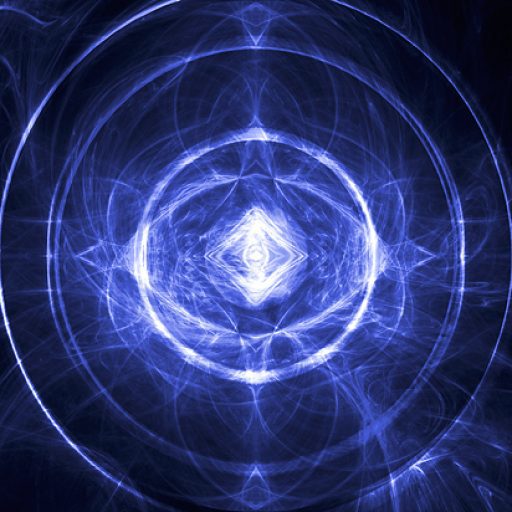There are few truly original works in fantasy anymore. The Starless Sea by Erin Morgenstern is one of the rare original ones. Morgenstern’s more esoteric writing style nicely complements the development of the plot, keeping me hooked at every turn.
Far beneath the surface of the earth, hidden from the sun and the moon, upon the shores of the Starless Sea, there is a labyrinthine collection of tunnels and rooms filled with stories.
By the author of The Night Circus, The Starless Sea weaves a deeply moving narrative that winds and curves as it explores the heart of storytelling itself. The narrative is split into two parts that are told simultaneously. One is of the main character Zachary Ezra Rawlins as he explores the surrealist world below the Earth (the Starless Sea). The other is of the stories told within the Starless Sea and upon its Harbours.

Zachary is a university student when he discovers a book (“The Starless Sea”) in his university library that tells his own story, despite having been written many years prior. We follow Zachary as he immerses himself in the world of the Starless Sea, evading a shadowy organisation that wishes to “protect” the Starless Sea and prevent change, even when the Starless Sea is built on change.
Change is what a story is, after all.
The Starless Sea itself is masterfully developed. Zachary is exposed to a “Harbour” on the Starless Sea, a deserted paradise of stories. Because of it being empty, the Starless Sea is full of mysteries, from the endless bounty of the Kitchen to the labyrinthine corridors full of bookshelves. The bee and key motifs are everywhere and reveal themselves in the most unusual ways.
In much of fantasy, dual narratives are messy and complicated, leaving readers confused and lost. The Starless Sea, however, weaves everything in, so everything feels relevant and new. While it may lead some readers astray, I found myself thoroughly engrossed in the dual narrative structure and found both equally engaging. It is obvious that Erin Morgenstern subscribes heavily to the Chekov’s Gun convention in storytelling. Every detail is exercised and developed fully, so that nothing feels irrelevant; a difficult feat in a book this size.
In terms of character development, while not perfectly executed, characters have depth and feel very believable. Sometimes character backstories get somewhat twisted (ahem. Mirabel), but on the whole, characterisation is well done. Zachary (our main character) is very convincing and relatable and Morgenstern’s writing leaves him vague enough to allow me to see myself in him. The love interest Dorian is alluring and mysterious, if very flat. What I would have loved to see more of was character development.
The pacing is inconsistent, and Morgenstern’s almost-excessive use of purple prose and dual narrative slows action down to a crawl towards the end of the story, which left me bored almost. The momentum built at the start flags about halfway through, and the remainder has so much potential, but falls short slightly. It doesn’t help that the setting of the last third of the text is completely different from the start and introduces many new characters, (rather late in the text).
Overall, I found it very enjoyable and would recommend it for most people. 8/10
This is the first review I've written. Check out my descriptive text about a similarly magical place here: The Forest.


Leave a Reply